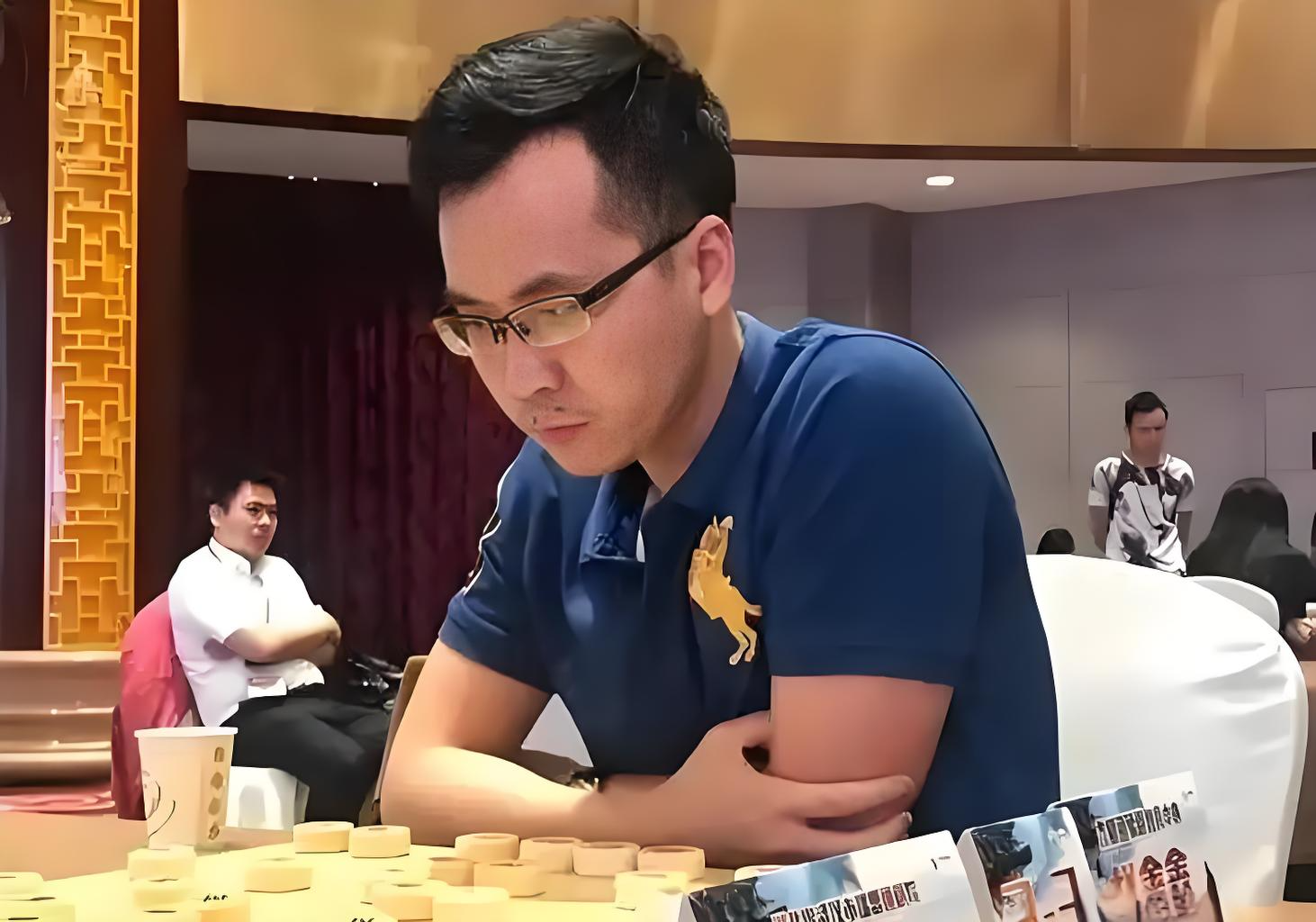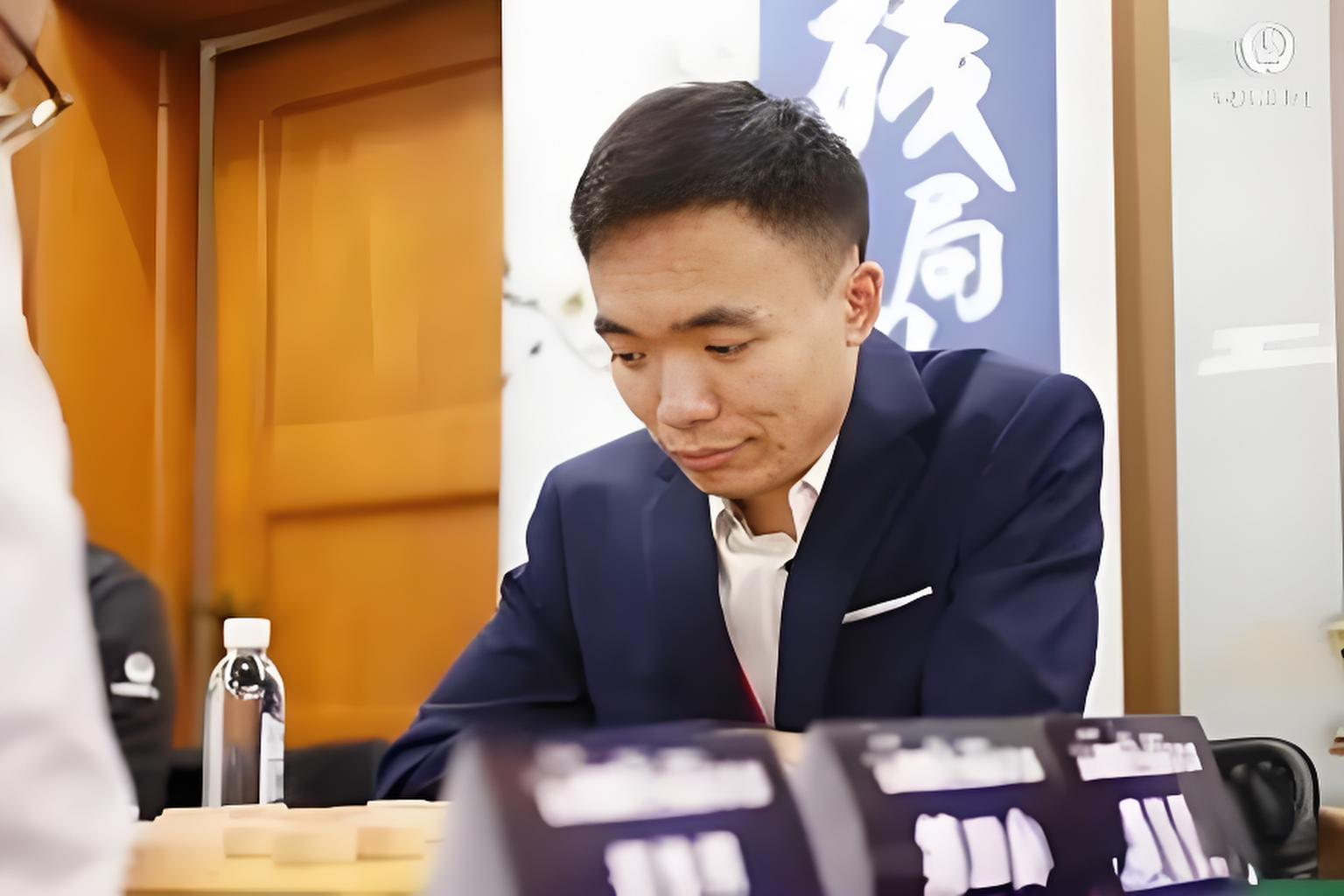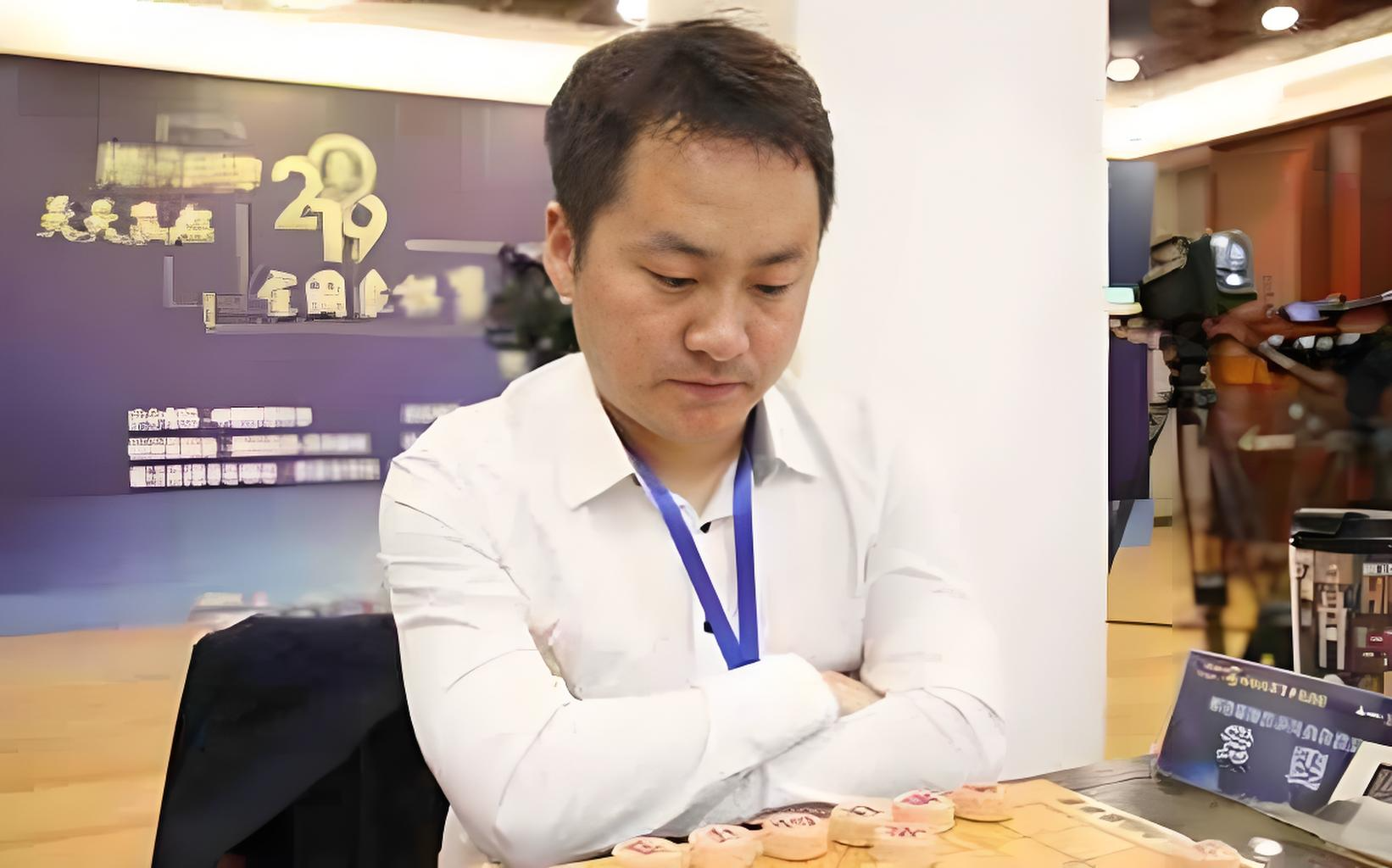On January 12, 2025, an important meeting was held in Beijing to discuss issues related to sportsmanship and discipline in the world of Chinese chess. At this meeting, the Card and Chess Sports Management Center announced disciplinary actions against 41 Chinese chess players. This news has caused a significant stir within the Chinese chess community and the entire sports industry. Back in September 2024, Wang Tianyi and Wang Yuefei were already penalized for improper behavior, but this latest incident, involving a larger number of individuals with far-reaching consequences, is truly shocking. Chinese chess, with its profound cultural heritage as a national treasure, has unfortunately become embroiled in such scandal, which is both regrettable and heart-wrenching.

Do you still remember Xu Yinchuan, known as the "Young Jiang Taigong"? In 2014, at the peak of his career at only 39 years old, he suddenly announced his retirement from the world of Chinese chess. This decision shocked many fans at the time, leaving them puzzled. Over a decade has passed, and Xu Yinchuan has never revealed the true reason behind his retirement. However, it now seems that we are beginning to understand why he made such a decisive choice.

When Chinese chess competitions have turned into arenas where players engage in improper means to buy and sell rankings, disregarding the principle of fair competition, Xu Yinchuan's decision to leave may have been a wise one. It is speculated by some fans that at least ten people approached Xu Yinchuan to sell him chess games, which he sternly rejected. Ultimately, he chose to retire rather than be tainted by such practices.

According to reports, the chaos within the Chinese chess circle has been ongoing for quite some time, with signs appearing as early as 2012. This situation has persisted for over a decade. The long-term manipulation of matches by players like Wang Tianyi and Wang Yuefei, with their despicable methods and serious circumstances, is unimaginable. Most of the 41 punished players are involved in "buying and selling chess games." Notably, Zhao Xinxin, Wang Yang, and Zheng Weitong have even been banned for life. These once-celebrated stars in the eyes of fans have now destroyed their careers due to greed and loss of direction, which is truly regrettable.

Wang Kuo's consecutive victories over Zhao Xinxin and Zheng Weitong in individual championships may have seemed glorious on the surface, but everything behind the scenes was nothing more than false glory bought with money. In the end, he was banned for 7.5 years and stripped of all his titles, turning all his accolades into nothingness.

Even more surprising is the involvement of Cao Yanlei, who was always thought of as an "honest man," receiving severe criticism. Perhaps he was inadvertently drawn into this vortex, but this is enough to illustrate how deeply corruption has permeated the Chinese chess circle, making it extremely difficult to extricate oneself cleanly.
It is worth mentioning that Liu Dahua's real-name report, though driven by a commitment to fairness and justice, also brought about unexpected consequences. Wang Yang received a lifetime ban, while Dang Fei was banned for three years, which may not have been what Liu Dahua anticipated. However, there is no denying that Liu Dahua's actions were like a sharp sword, exposing the hidden darkness within the Chinese chess circle and leaving those ugly deeds with nowhere to hide.
After this storm, we hope that Chinese chess can experience a phoenix-like rebirth, rising from the ashes. We hope it can shed its past blemishes and present itself with a fresh face and a clean playing field, winning back the love and pursuit of young people. As a gem of the Chinese nation, Chinese chess should not sink into the mire of profit; it needs a complete rebirth and a spiritual cleansing.